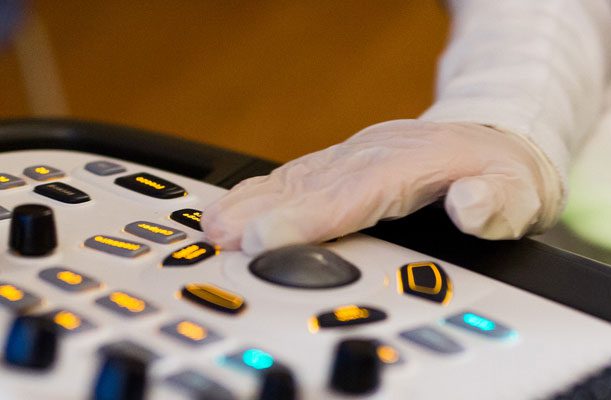Diagnostic Testing
Do You Have an Arrhythmia?
You’ve probably felt your heart beat fast or feel like it’s skipping a beat. These can be signs of a cardiac arrhythmia, or an irregular heartbeat.
It’s not unusual to have these symptoms occasionally, particularly as you get older. However, if an arrhythmia lasts long enough, it can affect the way your heart works and cause more serious symptoms.
Most arrhythmias are harmless, but some are dangerous. Some can interfere with your quality of life. That’s why it’s important to talk to your doctor to get it checked out to make sure your heart is functioning properly.
Diagnosing Heart Arrhythmia
Our arrhythmia specialists (electrophysiologists) use specialized tests and procedures to diagnose irregular heartbeats. The Florence Wormald Heart & Vascular Institute at St. Elizabeth provides doctors with the latest imaging tools to plan your treatment.

Schedule an Appointment
Call: (859) 331-3353
Our diagnostics tests include:
In some instances, your doctor may provide treatment immediately after the procedure, such as catheter ablation or cardiac device implantation.

